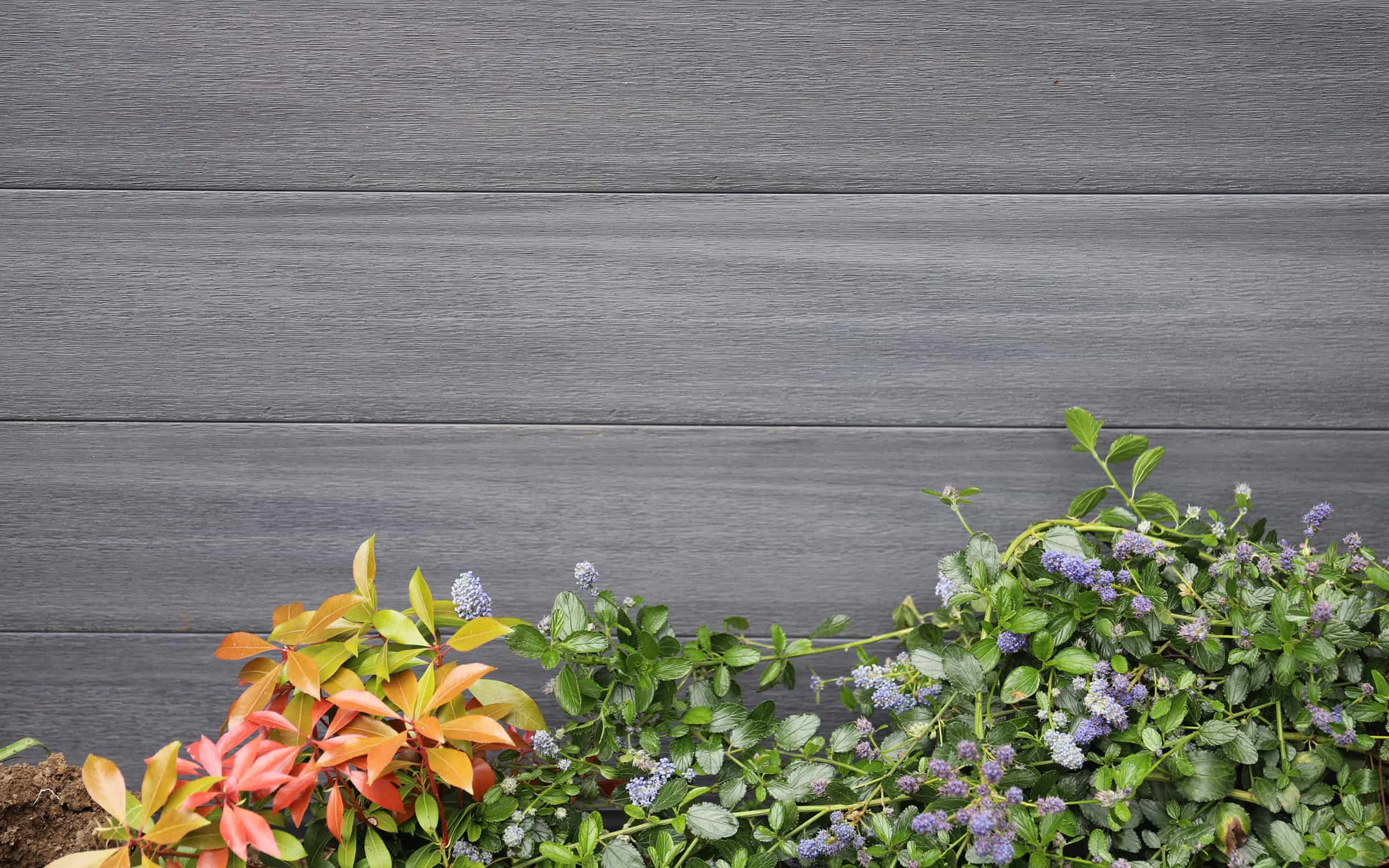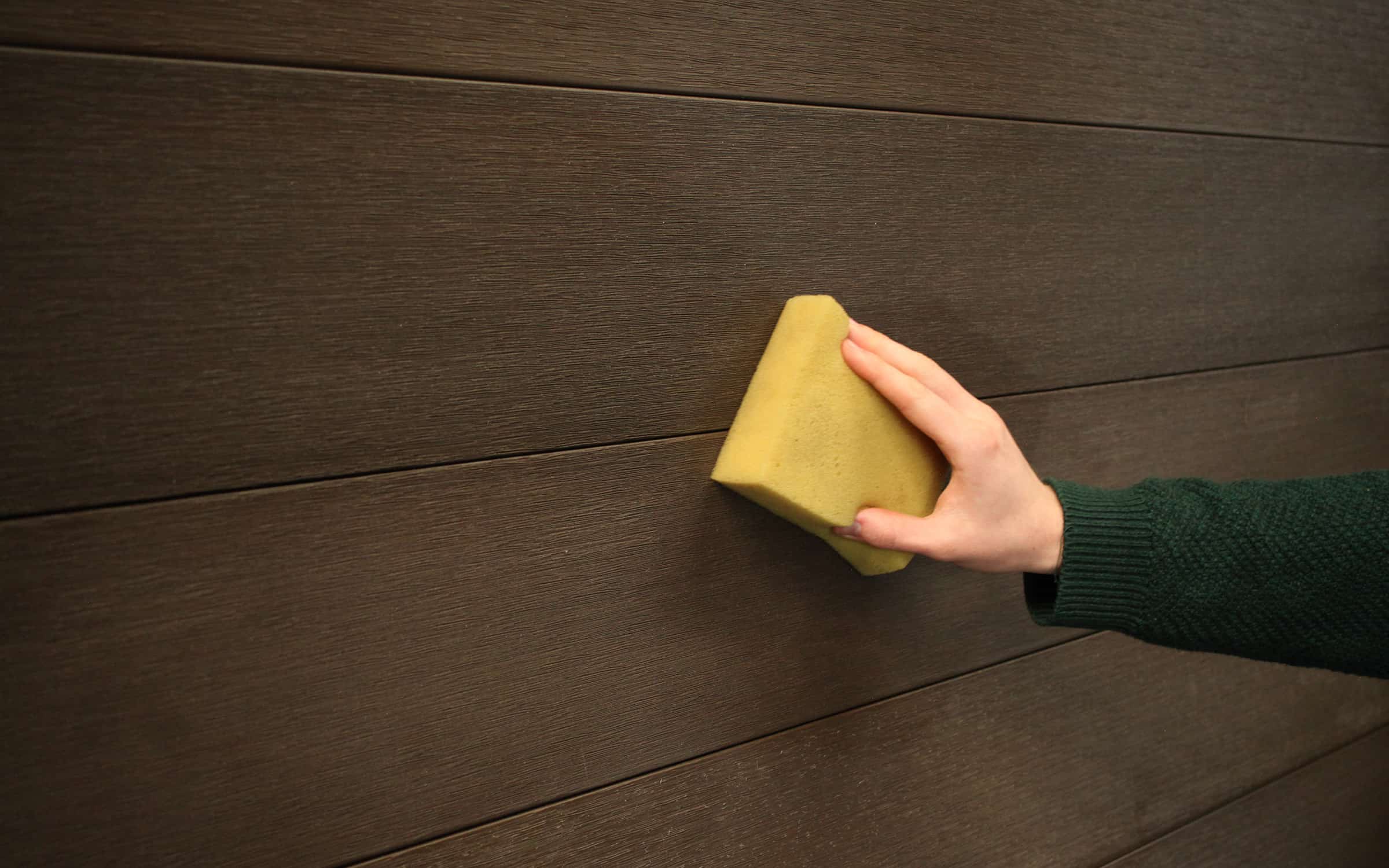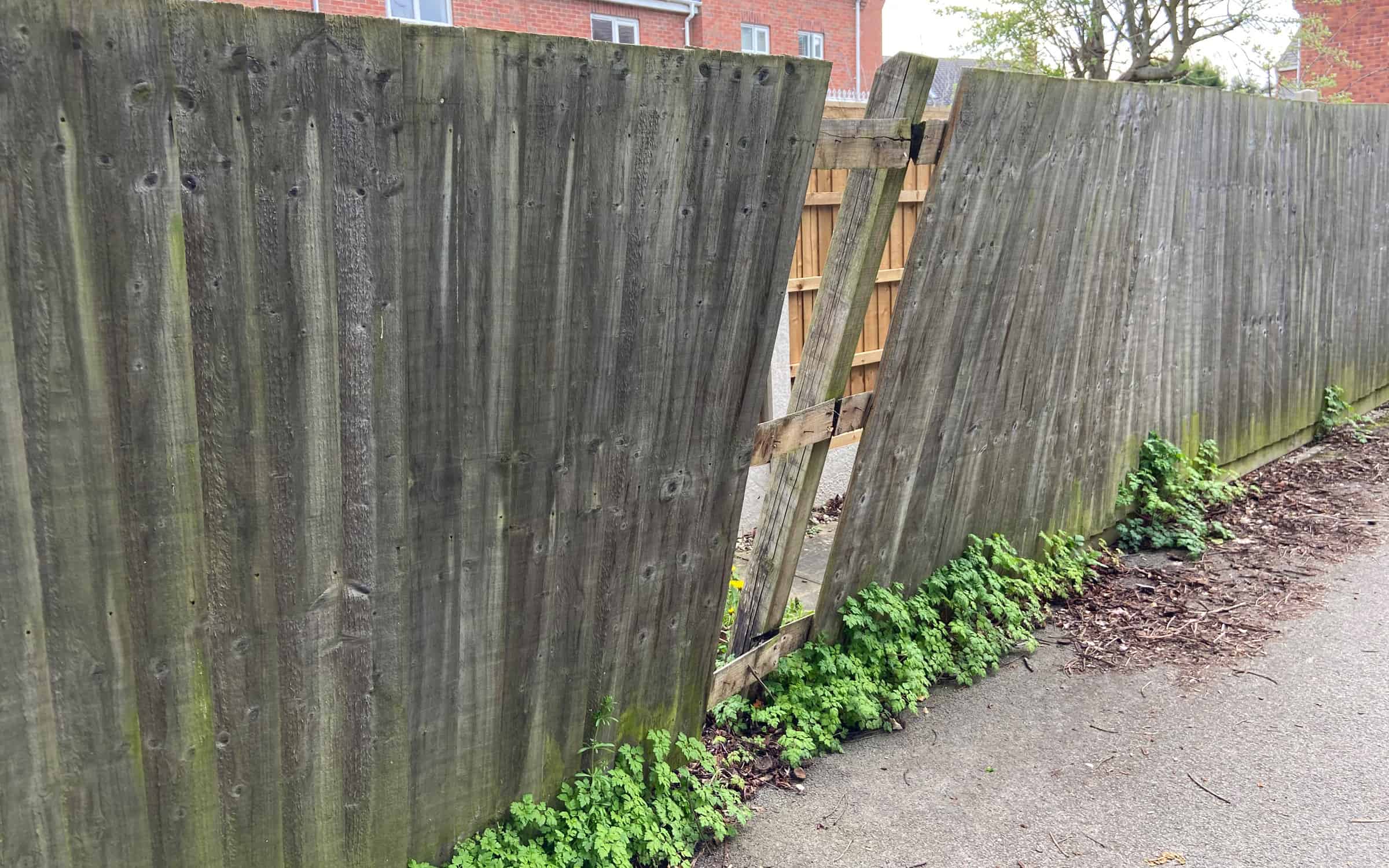Enjoy fade resistant composite fencing with NeoTimber’s proprietary capped composite material.
The thought of your fencing’s colour fading is a very real concern among homeowners. Even if you choose composite fencing – known for its resilience and longevity – what’s to say that it’ll fare any better than wood? Well, we’re here to answer your questions. While some first-generation composite fencing panels will suffer from UV-related lightening, there are alternatives that excel at resisting change.

We’re, of course, talking about second-generation capped composite fencing. Available in a range of rich, premium colours that have been enhanced with UV inhibitors, these panels are built to last. Gone are the days of shielding your fencing from damaging sunrays; our market-leading composite fencing is designed to give you peace of mind. Let’s walk you through how our composite fencing achieves such a feat and prepare you for purchase and installation. The future of fencing begins with us, and we can’t wait to share it with you.

The Technology Explained
So what do we actually mean by ‘capped composite fencing’? Well, unlike many other suppliers, NeoTimber’s composite fencing benefits from an additional polymer layer. Not only does this protect the composite material from the harmful effects of moisture, but it makes it far easier to care for. Partnered with our inclusion of UV inhibitors, our composite fencing panels become a force to be reckoned with. Come rain or shine, our fencing will resist fading and degradation. All in all, this puts it leaps and bounds ahead of the competition.
You see, most composite suppliers tend to offer first-generation composite fencing panels to their customers. Lacking all of the quality of life changes present in NeoTimber’s second-generation capped composite, these products struggle to keep up with weather changes. Specifically, first-gen composite is prone to discolouration when faced with too much sunlight. Simply put – if you want your fencing to keep that ‘like-new’ appearance for years to come, choose NeoTimber®.
How Do Other Fencing Materials Compare?
Timber remains one of homeowners’ most popular alternative choices for garden fencing. Sadly, timber isn’t exactly the best at fending off sun damage. Over time, that beautifully natural tone will fade into a bleached blend that no longer compliments your garden. It’s a sad truth, but one that we all have to face eventually.
To uphold a consistent colour with timber fencing, you’ll have to commit yourself to regular treating and staining of the boards. Quite frankly, this is a time consuming – and temporary – solution that nobody has time for anymore. We don’t want to be out making up for our fencing’s weaknesses, do we? So, when compared to capped composite fencing, there’s really no competition.

NeoTimber® Composite Fencing Colour Options
It’s become a popular pastime for homeowners to give their timber fencing an annual paint. But imagine if you could ditch this tedious ritual and keep a consistent colour, without any of the work. Capped composite fencing gives you the chance to do exactly that! Fade resistant, and available in all sorts of colourways, the options for premium fencing are endless. Whether you’re wanting to boost the drama with charcoal or grey, or want to keep it classic with teak, chocolate, or antique, you’re spoilt for choice.
Treat yourself and your garden today with NeoTimber’s fade resistant composite fencing!
Need Further Support or Advice?
If you’ve still got questions that have not been answered here, or you would like additional advice,
support or assistance then please give one of our friendly experts a call and we’ll be happy to help.
Just give us a call on 01530 382 180.
